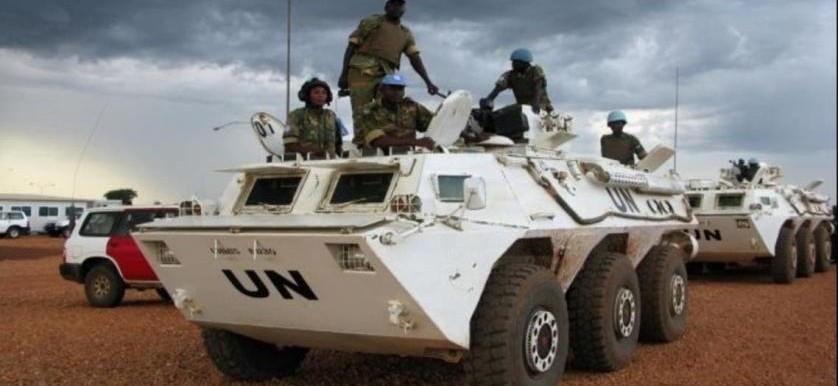UN Secretary-General Antonio Guterres has informed the Security Council that he couldn’t provide options to reduce and terminate the nearly 3,700-strong peacekeeping force in the disputed Abyei region on the Sudan-South Sudan border because of differences between the two countries.
Guterres said in a letter obtained Thursday by The Associated Press that because of the different positions on the future of the force in Abyei, known as UNISFA, “no options that would be minimally acceptable to the parties could be formulated.”
Both Sudan and South Sudan claim ownership of the oil-rich Abyei area. The 2005 peace deal that led to South Sudan’s independence from its northern neighbor in 2011 required both sides to work out the final status of the region, but it is still unresolved.
UNISFA has been in Abyei since 2011, and when the Security Council extended its mandate last November it asked the secretary-general to hold joint consultations with Sudan, South Sudan, Ethiopia and other key parties to discuss an exit strategy and develop options for its reduction.
Guterres said joint consultations could not be held because of the COVID-19 pandemic so he held a separate meeting with senior officials in the three countries.
He said Sudan’s government expressed the view that despite the security situation remaining volatile in the Abyei area, UNISFA had played an important stabilizing role.
Sudan indicated that a reduction in UNISFA’s strength could be considered immediately, “but should proceed gradually over a one-year period” to allow time for both countries to comply with a 2011 agreement on temporary administrative and security arrangements, he said. It would also enable both sides to consult with the African Union and the regional group IGAD on successor arrangements.
More than 62,000 refugees from Ethiopia’s embattled Tigray region are now in Sudan, and Guterres said the Khartoum government indicated that should tensions remain high with Ethiopia, it would ask that Ethiopian troops be withdrawn from UNISFA and be replaced with a multinational African force.
Guterres said South Sudan insisted that security concerns in Abyei and in neighboring Western Kordofan warranted UNISFA’s continued presence.
South Sudanese officials cited as examples the assassination of the Ngok Dinka tribe’s paramount chief in 2013, and the killing of civilians in January and April 2020, by Sudan-allied Misseriya nomads who go to Abyei to find pasture for their cattle, he said.
“South Sudan rejected the establishment of joint institutions with the Sudan, arguing that previous attempts had resulted in two wars in 20078 and 2011 due to a lack of trust between the parties,” Guterres said.
He said Ethiopia believes the premature withdrawal of UNISFA would likely lead the security situation in the Abyei area to deteriorate — a view echoed by the African Union.
Guterres expressed hope that Ethiopia and Sudan resolve their tensions, which would enable UNISFA to maintain its current strength and continued to focus on Abyei’s security and stability as well as monitoring on the border.
If not, he said, UNISFA’s ability to implement its mandate “would be negatively affected with significant consequences on the stability in Abyei, as well as serious implications for the relations between Sudan and South Sudan.”
The secretary-general said a safe and complete end to UNISFA’s mission would require “good neighborly relations between the Sudan and South Sudan and the parties reaching an agreement on the final status of the Abyei area with the support of the region, the African Union and the United Nations.”




